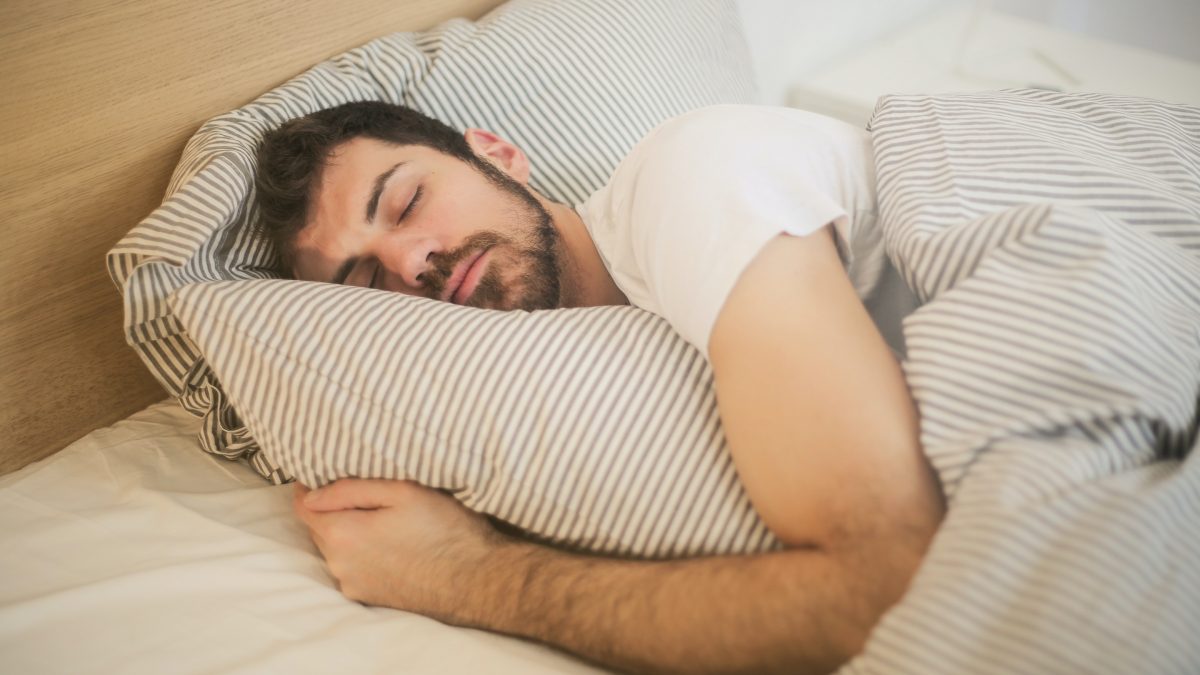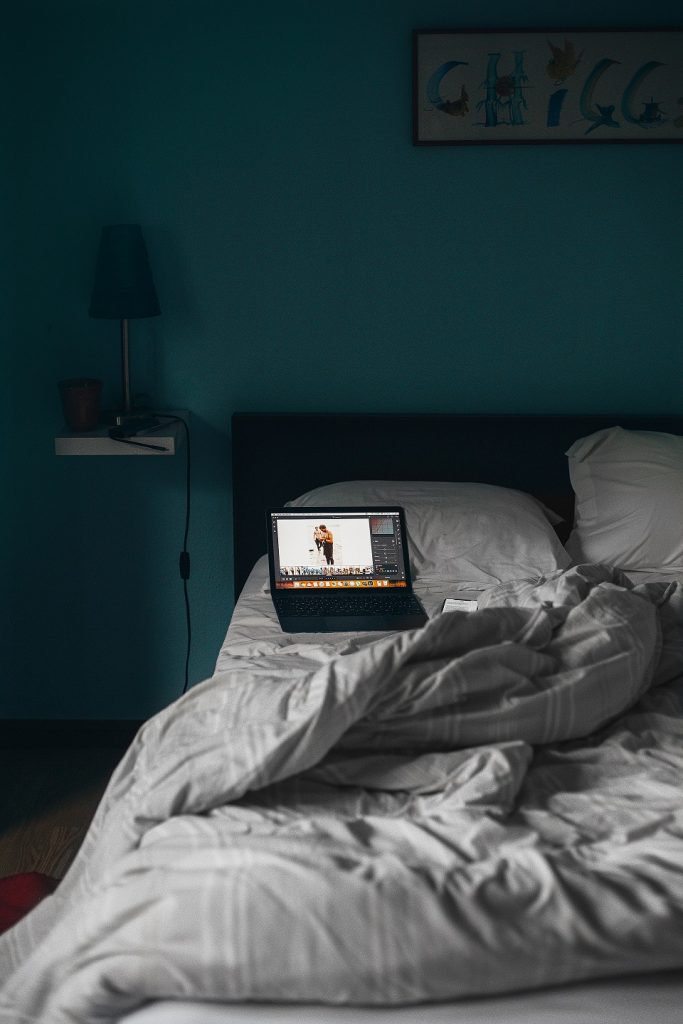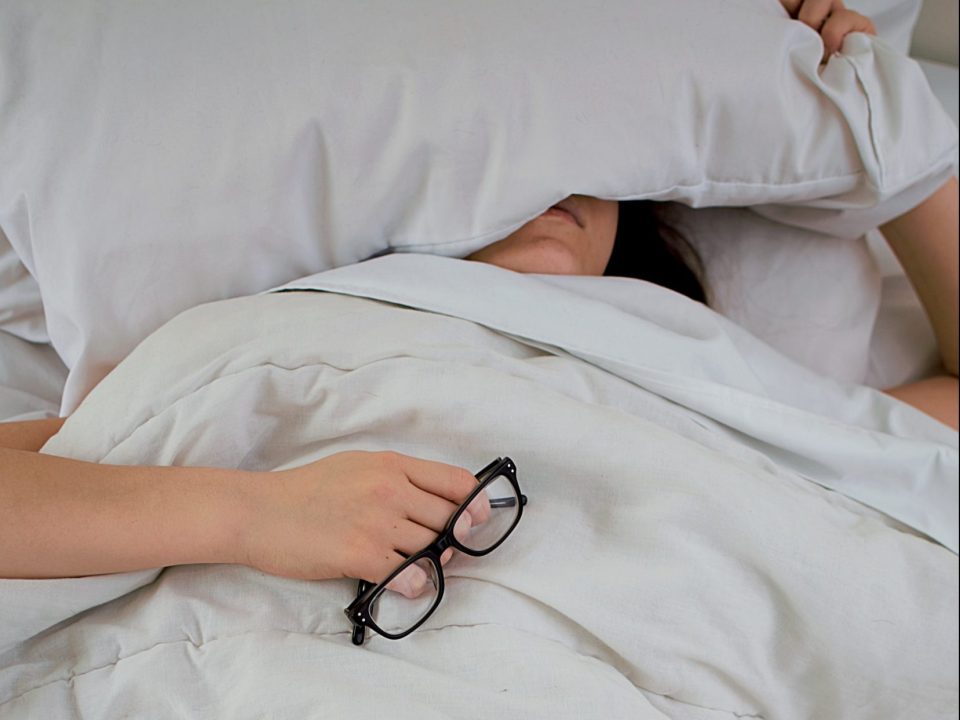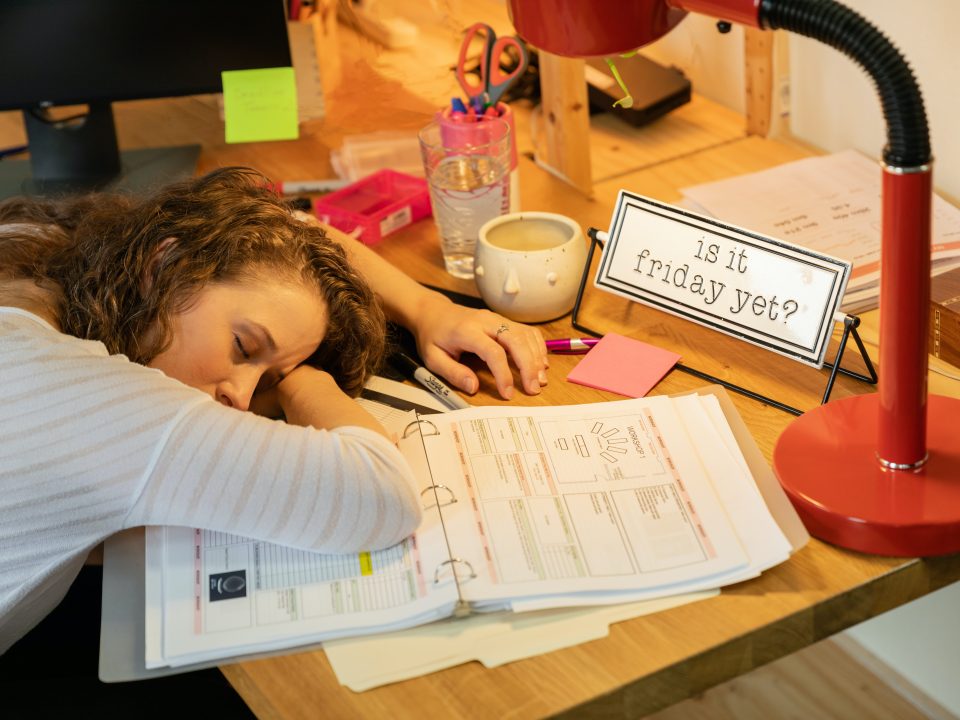
Garabedian Clinic is now IWC
August 20, 2020
How Eating Habits Affect Your Health
October 13, 2020
Photo by Andrea Piacquadio from Pexels Good quality sleep is imperative for a healthy body and mind. We’ve put together some tips for better sleep to help you get that restful sleep you’ve been dreaming of!
Getting good sleep is the first and best way to start your day focused, energized, and ready to succeed! Your quality and quantity of sleep directly impacts your mental and physical health, so it’s imperative that you get the best quality sleep, and enough of it, every single night. We know there are a variety of life events that take place that can hinder our ability to get enough quality sleep, but we’re here to help with a few tips for better sleep that might make you get a bit more quality rest when you hit the hay at night.
Why Sleep is So Important for Our Overall Health
Sleep deprivation can have some pretty negative effects on your mind and body. While every person is different, it’s recognized that adults need about 7 – 9 hours of quality sleep a night, while children need even more! Some of the negative effects of sleep deprivation include lowered immune response, a rise in blood pressure, cognitive difficulties, and even weight gain. While a missed night’s sleep, or even a few days of less quality sleep may not have long term, lasting effects, it’s important to address sleep issues with your physician or medical provider to ensure your quality of sleep is getting you the maximum health benefits.
Tips for Better Sleep
There are a lot of factors at play when considering the length and quality of our sleep. Day to day stressors can play a huge role in our ability to fall asleep on time, and stay asleep. However, there are other things to consider when it comes to getting a good night’s rest. Other health factors can leave us tossing and turning, and in terms of functional wellness, addressing those other health factors for our overall physical and mental health can help improve our quality of sleep. Below are some great tips to help you get better, more restful sleep when you head to bed.
- Get in sync with your body’s circadian rhythm – Sometimes it may seem difficult, but getting to bed and waking up at around the same time every day can greatly improve your quality of rest. Try to avoid sleeping in unless you had an exceptionally exhausting day the day before, or you’ve missed some sleep recently. Naps should be limited to 15 – 20 minutes in the early afternoon if possible.
- Control your light sources – Avoid playing on your phone, watching TV, or using other electronic devices in the hours leading up to bedtime. Get plenty of natural light during the daytime. At night, make sure your room is dark, and if you need light to use the restroom try and find a natural night light to help you navigate your surroundings.

Photo by Daria Shevtsova from Pexels. Blue light activates parts of the brain that can keep you awake at night. Knowing how to get the best sleep includes tips about cutting back on screen time too close to bedtime.
- Create the perfect environment – 70 degrees is the average, comfortable sleeping temperature for most people. If you can get your sleeping environment to cooler temps, you’ll find better quality sleep in your future. Some people may need ambient noise to help them drift off to dreamland, but a quiet bedroom is best. A quality mattress, with clean sheets and a bed that is free of clutter, can also make a huge difference when it comes to how much and what kind of sleep you get each night.
- Exercise – Getting the right amount of physical activity in a day can greatly improve your quality of sleep. By exercising at least 4 hours before bed, your body will use up stored energy, improve cardiovascular, neurological, and cognitive function. Exercising your mind and body means you’ll need rest, and it can help you get tired at an appropriate time of day. It also assists your body’s ability to stay soundly asleep once you get there.
- Supplements like melatonin – Our bodies produce melatonin naturally, but if we’re experiencing other health-related factors, sometimes our ability to produce hormones on our own is impacted. Of course, it’s best to confer with your physician or medical professional to ensure any supplements you take are safe.
- Prepare for bedtime – Taking a relaxing hot shower or bath, meditation, or light yoga or reflection exercises can put your mind at rest and help you get to sleep faster. Using your evenings to decompress and put yourself in a restful state can assist with getting to sleep quickly, and staying asleep.
- Be mindful of what you consume – Avoid caffeinated beverages; caffeine can stay in your system up to 8 hours! That means coffee afternoon can be harmful to your quality of sleep. Drink plenty of water throughout the day, but cut off your liquid intake an hour or so before you plan to go to bed. Avoid alcohol as it can increase snoring, cause sleep apnea, and actually alters nighttime melatonin production. Melatonin is a key hormone that aids in your natural sleep cycles. Eating your dinner or heavy snacks too close to bedtime means your body is working hard to digest – conditions not ideal for sleep.
There are many other factors involved when it comes to a healthy, restful night’s sleep. If you’re having trouble sleeping, or you’ve tried these tips for better sleep and you’re still having trouble, be sure to give your physician a call. At Integrated Wellness Clinic, we’ll take a look at your overall health through functional medicine to address any and all issues that may be impacting your quality of sleep. Getting restful sleep can make you feel like a whole new person! Let’s get you on the path to a healthier you.



